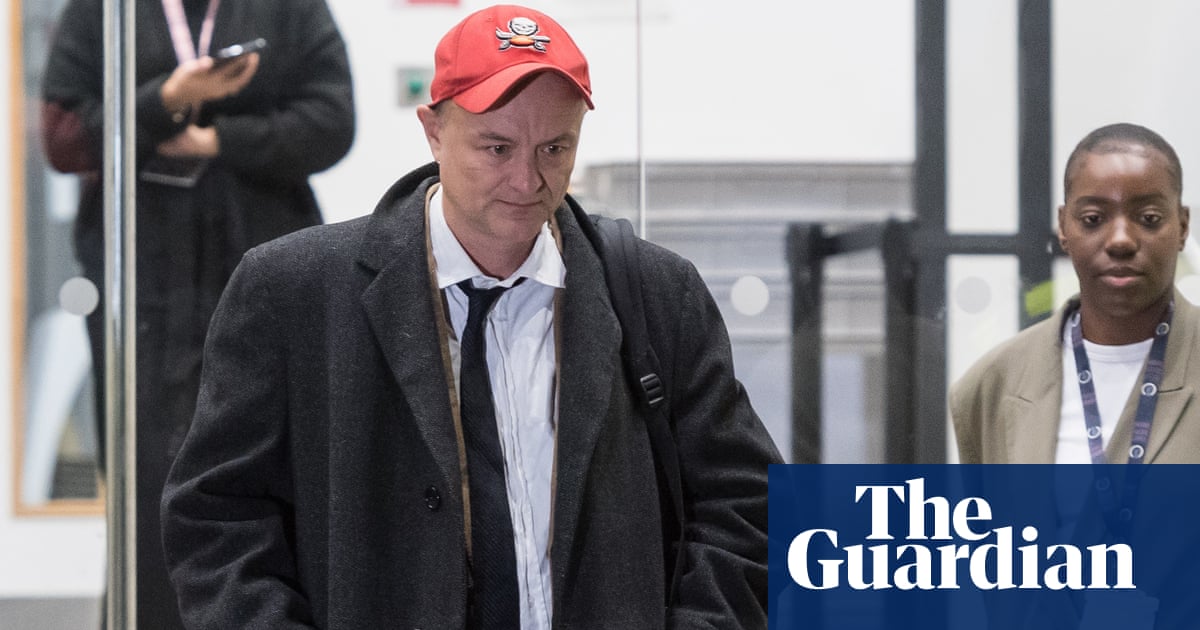
Arab News talks to the Lebanese founder of the UN’s Sustainable Fashion Summit
The Sustainable Fashion Summit is the brainchild of Lebanese entrepreneur Céline Semaan, the soft-spoken CEO and founder of Slow Factory
NEW YORK: On a frigid afternoon in New York on February 1, the road to Manhattan’s Turtle Bay area was paved with fashionable footsteps. Kicking off New York Fashion Week, collaborators including industry experts, designers and scientists came together at the United Nations headquarters for an all-day summit focused on sustainability in fashion. The conversation centered on providing a platform to highlight success stories related to innovation and social justice, and map out action plans in which civil society and industry leaders can collaborate and embody the summit’s slogan: “Good for the Earth, Good for the People.”
“The UN is not necessarily known for high fashion,” Robert Skinner, executive director of the UN Office for Partnerships said to a full house of about 400 attendees. Riefqah Jappie, International Trade Center Representative to the UN opened up the dialogue by saying, “It is good for the earth, good for the people — and it is good for business.”
Scary stats flashed before our eyes as different speakers reminded us that many designers are making beautiful products— that simply don’t last. They end up in the trash, or the ocean.
The Sustainable Fashion Summit is the brainchild of Lebanese entrepreneur Céline Semaan, the soft-spoken CEO and founder of Slow Factory, a “design innovation lab focusing on sustainable practices.” It’s mission, as described on its website, is to “make clothing and accessories with a political message, known as #FashionActivism, and donate proceeds to humanitarian and environmental causes.”
Wearing a snazzy red velvet suit, her dark curls slicked back into a neat bun, Semaan, who is also a writer and a director’s fellow at the Massachusetts Institute of Technology (MIT) Media Lab, told Arab News about the urgent message behind the summit.
“I didn’t study fashion so I didn’t come from that world and I don’t come from that sort of education. I came from a different angle,” she said. “We need a redesign of the current system with the environment at the heart of it. Not to harvest virgin resources that destroy natural resources. We need global pressure and to shift marketing budgets to (research and development).”
It’s not a new message, but it is one that seems to be gathering momentum — aided in no small part by the Japanese ‘tidying’ expert Marie Kondo, whose new Netflix show dedicated to helping people rid their closets and houses of unwanted belongings, has been hugely popular.
“I really love the KonMari (Kondo’s lifestyle brand) concept, and that’s how I live my life personally,” said Semaan. “People are editing down their belongings, so there’s a lot of new waste. And there are a lot of companies, like Helpsy (which disposes of garments ethically), because someone’s trash is someone else’s treasure.
“We must not look at waste as waste, but as a new resource,” she continued. “I started (to look at it like) that over 20 years ago and I really think that I lived this way because I had to travel so much. Everything I have fits two suitcases.”
Semaan’s family left Lebanon for Canada as refugees during the Lebanese Civil War, and getting dressed up, she has said, was a way of establishing her identity in a country that wasn’t her own.
“As Arabs, we use beauty and fashion as coping mechanisms in situations of chaos,” she told Arab News. “As a Lebanese woman, I grew up (learning) that beauty and your appearance is self-respect and your dignity. Of course, we do it for the gaze of the ‘other’ but I really find inspiration from my peers and the women around me who always look stunning. Being in control of how we look and how we present ourselves to the world is an important aspect of our culture.
“We go see refugees in camps and they still are looking great,” she continued. “That does not to diminish their trauma — it enhances their humanity and celebrates their dignity and confidence.”
Semaan has first-hand experience of this. Slow Factory has collaborated with American Near Middle East Refugee Aid (Anera) — a non-profit that provides humanitarian and development aid to the Middle East — to run educational programs in refugee camps.
“It was very interesting that the beauty and fashion program was the most popular,” she said. “If you feel shy, you put on a little bit of mascara and eyeliner. It’s such a wonderful, humble way to look at it and to create empathy with these groups.” And, she adds, it’s a side of refugee life that is rarely depicted in Western media.
Staying stylish, Semaan contends, does not have to break the bank. Or the planet. “I am looking at how we can use less instead of purchasing to fill a void. If you want to be sustainable, it’s a lifestyle choice and a spiritual understanding. We (need to) realize our patterns and compulsive purchases. Today’s fashion supply chains mimic those of colonial era trade routes. It is time to decolonize. Everything you make turns into food or poison,” she said.
“I save up before buying a piece. Most of the things that I have, I keep for a very long time. I mend them. I take my shoes to the cobbler — I change the sole and the color. I have pieces I can pass down to my kids. And the pieces that don’t last, I give them away.”
There are a few items, she admitted, that she considers ‘must-haves’ in her wardrobe at all times, including “a good pair of denims, a good pair of flat ballet shoes, and a good pair of running shoes.”
“I wear a lot of white shirts — simple ones; I take the ones my husband doesn’t need,” she added. “Oh, and a few vintage blazers and a very good Christian Dior one that reminds me of my grandmother.”
Semaan’s commitment to reducing waste and looking after the environment is something she’s passsing on to her children too. Traveling to Lebanon has given them more of an understanding that the lifestyle they have in North America should not be taken for granted. “They visit Lebanon and they understand that there is no electricity at times, and no water,” Semaan said. “So when they come to New York, they feel the luxury.
“My kids come to my Slow Factory office and see my work,” she continued. “In my household, we are very aware of water usage and we do a lot of arts and crafts with the garbage. They do have plastic toys, but they understand the impact of plastic — by 2050 there will be more plastic than fish (in the oceans). We buy biodegradable toothbrushes. My daughter told me she wanted a (plastic) toothbrush, but I told her, ‘That’s going to return to the earth as a toothbrush, but your toothbrush will turn into a tree.’ She uses that to (explain) to their friends.”
Her daughter’s ability to communicate her family’s lifestyle choices is the kind of skill that Semaan believes will be vital for future generations, in order to slow and, hopefully, reverse the damage that has already been done to the planet.
“I think it’s important to talk about this without guilt,” Semaan said. “They’re the ones who will inherit the earth.”












